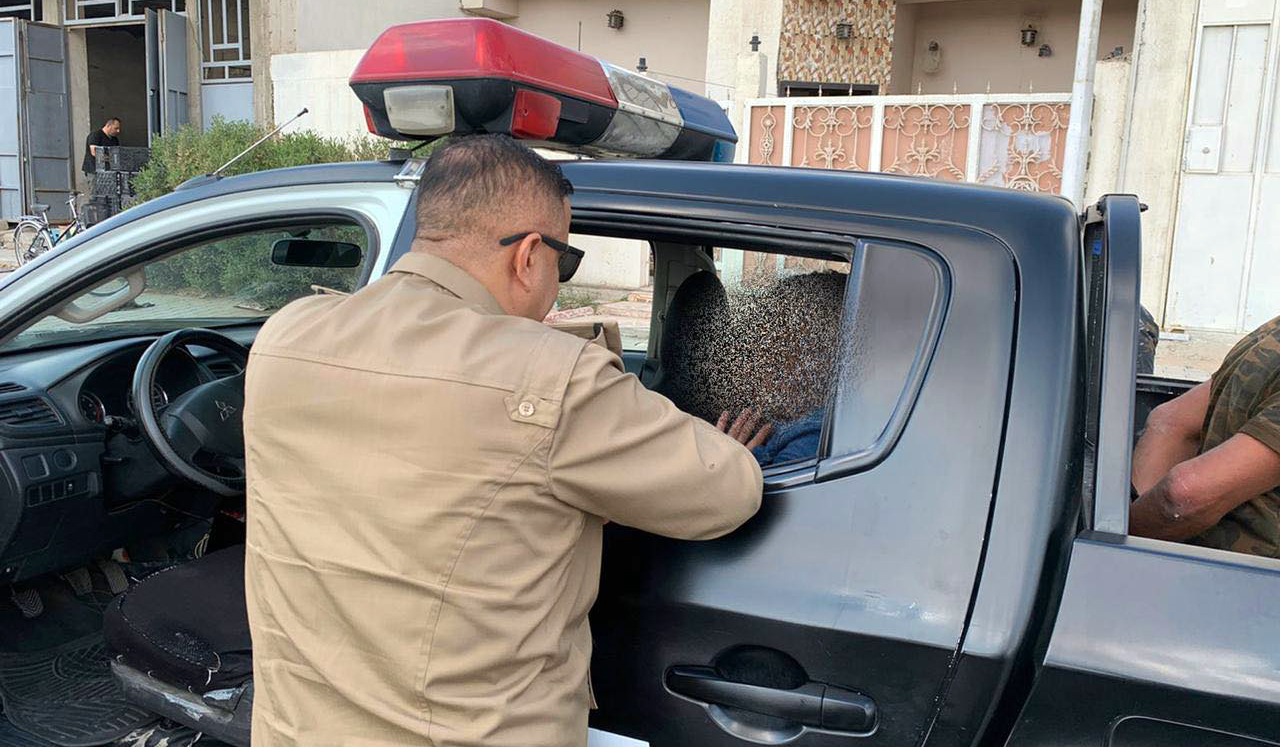The security forces in the northern oil-rich city of Kirkuk arrested four gangs of prostitution, including 26 women, with possession of counterfeit currency, well-informed sources anonymously told KirkukNow.
The campaign was carried out by the security forces in Kirkuk under the supervision of Major General Kawa Gharib, Kirkuk police chief, which covered several areas inside the city, following complaints by residents.
A senior security commander not authorized to speak to the media, told (KirkukNow), "The four gangs consisted of 26 women and two men, in addition to several children below five years."
(KirkukNow) revealed last month, in a field follow-up, the existence of the phenomenon of prostitution openly in Kirkuk’s Ring Street.
One of the sources pointed out that after the spread of information about prostitution in Kirkuk, especially on social media, "this phenomenon disappeared in Circle Street and some of them went to the city's neighborhoods, so after complaints were received from citizens, the members of these four gangs were arrested in different areas of Kirkuk.”
The security source confirmed the seizure of a quantity of counterfeit currency during the security campaign and said, "Perhaps it was given to these women in exchange for practicing prostitution without knowing that it was forged."
The Kirkuk Police Command announced in a brief statement last night, July 25, that its forces had arrested 26 people for charges of prostitution, and four gangs had been dismantled.
Under the Anti-Prostitution Law No. 8 of 1988, “Any broker or whoever participates or assists him in the act of brokering, and any operator or manager of a public place or any other place for prostitution is punishable by imprisonment for a period not exceeding seven years.”
The law also stipulates that anyone who keeps a person in a place of prostitution by deception, coercion, force and threat shall be punished with imprisonment for a period ranging from 10 to 15 years.
According to the Anti-Prostitution Law, those against whom the charge of prostitution is proven are deposited in the reformatory for a period ranging from three months to two years. The competent judge has the right to terminate the reformatory detention according to several conditions.
Under Article 37 of the Iraqi constitution, trafficking of women and children and sex trafficking are prohibited.





